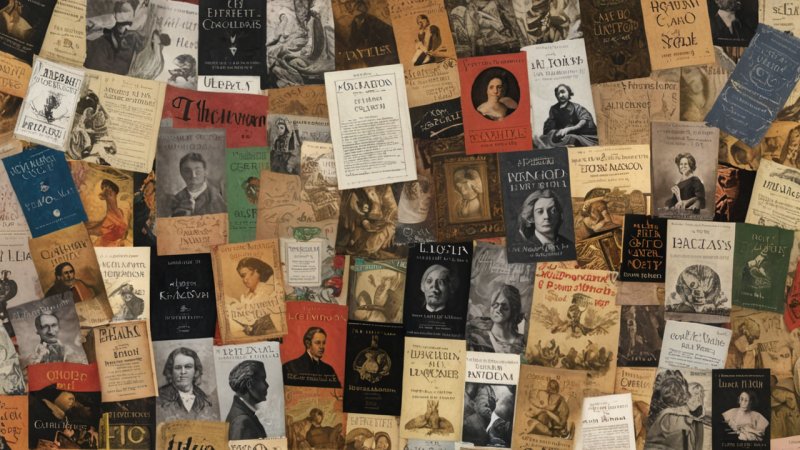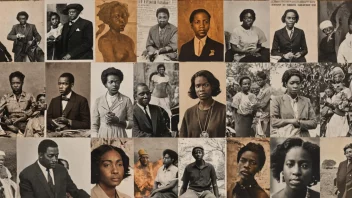Literature is not just a collection of words; it is a reflection of the time and context in which it was created. The influence of historical context on literary interpretation is a fascinating subject that reveals how the events, culture, and societal norms of a particular era shape the way we understand and appreciate literary works. This article explores the intricate relationship between history and literature, highlighting how different contexts can lead to diverse interpretations of the same text.
Every piece of literature is embedded within a specific historical backdrop that informs its themes, characters, and narrative style. For instance, works produced during periods of social upheaval, such as the Industrial Revolution or the Civil Rights Movement, often grapple with issues of power, identity, and justice. Readers who approach these texts without considering their historical context may miss crucial elements that enhance their understanding.
One prominent example is the works of Charles Dickens, who wrote during the Victorian era. Dickens’ novels often address the struggles of the working class and critique the social injustices of his time. Understanding the historical context of 19th-century England, characterized by rapid industrialization and stark class divisions, allows readers to appreciate the depth of his social commentary. Without this context, one might simply view his stories as entertaining tales rather than powerful critiques of societal norms.
Moreover, the interpretation of literary works can evolve over time as societal values change. For example, Shakespeare’s plays have been interpreted in various ways throughout the centuries. His portrayal of gender roles, power dynamics, and human emotions resonates differently with audiences depending on contemporary cultural attitudes. A modern reader might approach a play like "The Taming of the Shrew" through a feminist lens, focusing on issues of gender equality and autonomy, while a 17th-century audience may have viewed it through a more traditional lens that accepted patriarchal norms.
Another critical aspect of how historical context influences literary interpretation is the impact of major events such as wars, revolutions, and movements for social change. The trauma and collective memory associated with these events often find their way into literature, shaping the narratives and characters. For instance, post-World War II literature often reflects themes of disillusionment and existential angst, as seen in the works of authors like Samuel Beckett and Jean-Paul Sartre. Their writings capture the uncertainty and despair of a generation grappling with the aftermath of conflict.
In conclusion, the historical context of a literary work is essential for a comprehensive understanding of its meaning and significance. By considering the social, political, and cultural factors at play during the time of its creation, readers can uncover layers of meaning that might otherwise remain hidden. Literature serves as a mirror to society, and through it, we can gain insights not only into the past but also into our present and future. As we continue to explore the rich tapestry of literary interpretation, let us remember the vital role that history plays in shaping our understanding of the written word.






